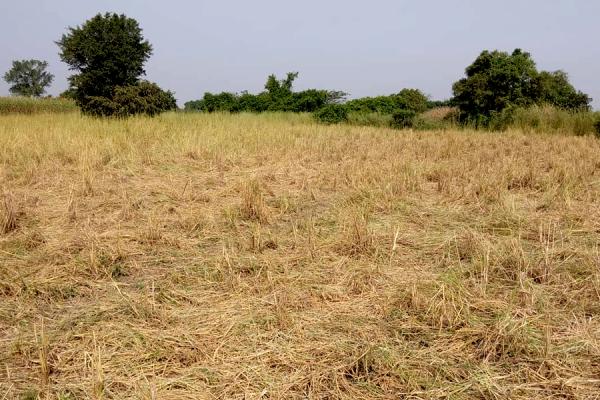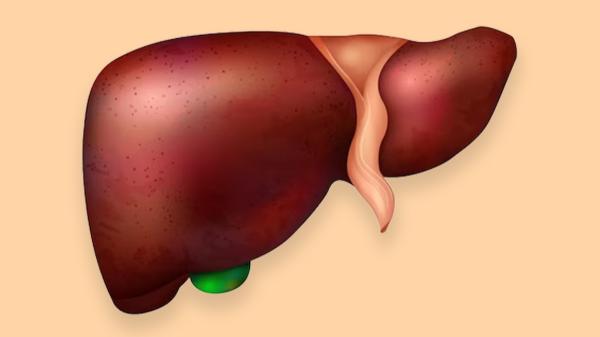Director of Food and Drug Services, Federal Ministry of Health, Pharmacist Modupe Chukuwma
As part of its mission to improve the health sector and to encourage the production and patronage of locally manufactured medicines in Nigeria, the Federal Ministry of Health has advocated for the use of herbal medicines in Nigerian health care facilities to treat ailments.
This was revealed by the Director of Food and Drug Services, Federal Ministry of Health, Pharmacist Modupe Chukuwma at the recently concluded International Conference, organised by the Centre for Drug Discovery, Development and Production (CDDDP), Faculty of Pharmacy, University of Ibadan.
Pharmacist Chukwuma who represented the Minister of Health, Professor Isaac Adewole at the Conference explained to CEOAfrica in an interview that the Health Minister, since his assumption in office, has been keenly encouraging the expansion of herbal medicines in the country.
While making reference to China and India with respect to their usage of herbal therapy in their health care sectors, Pharm Chukuma noted that it is high time Nigeria, which is blessed with arrays of medicinal herbs, embraced the use of natural remedies alongside orthodox medicines in health care facilities.
Pharm Chukuwma also debunked the misconception that herbal medicines are obsolete and inadequate - a perception which poses a great challenge to its acceptability. She noted that although traditional medicines have indeed been used to cure countless of illnesses, there is the need to have adequate knowledge of how to combine the right herbs to treat the right ailment.
Also speaking to CEOAfrica at the Conference, the Chief Medical Director of the University Teaching Hospital (UCH), Ibadan, Professor Temitope Oluwagbenga Alonge who lamented the underutilization of medicinal herbs, noted that the production and promotion of herbal medicines can serve as a revenue generating venture for the country.
Noting the efforts of the Federal Ministry of Health in promoting herbal medicines, the Professor of Orthopaedic and Trauma said “We have the wherewithal to do drug trials and check the efficacy of herbal drugs provided by the Ministry of Health but what is lacking is the coordination of various contributors from different directions.
“I believe very strongly that herbal medicines is a revenue-generating venture for the country but because of most of the people involved in herbs are scared of formulations, they are not very keen in coming forward but if we have a very strong pharmacognosis set up in our institutions, herbal medicines will not only be a money spinner, but the medications produced will compete favourably with what we have abroad.”
The UCH CMD blamed the underutilisation of natural remedies on misplaced priorities, noting that Nigerians prefer imported orthodox products rather than locally made medicines. He also identified lack of aesthetic appeal as another factor militating against the acceptance of herbal medicines.
He said “Another thing is the issue of ensuring good quality products to make sure that they can compete in terms of aesthetic presentation. We are very shy in going all the way to make sure that our products are aesthetically presented which is a major drawback.”
To tackle this challenge, Prof Alonge proposed that a collaboration between the Pharmaceutical Society of Nigeria (PSN) and the National Agency for Food, Drug Administration and Control (NAFDAC) should be formed to encourage and monitor the activities of manufacturers of herbal medicines.
While urging Nigerian Pharmacists to acquire more in-depth knowledge in pharmacognosis, Prof Alonge called for a reduction in the importation of drugs and an increase in the manufacture of medicines in the country.
“Let’s stop importing drugs. Let’s behave like the Indians who have now decided to be producing some of the so called narcotics by themselves by getting permission from the WHO. Why can’t we produce some of our herbs that have narcotics in them? We have the power to do that,” he said.






















